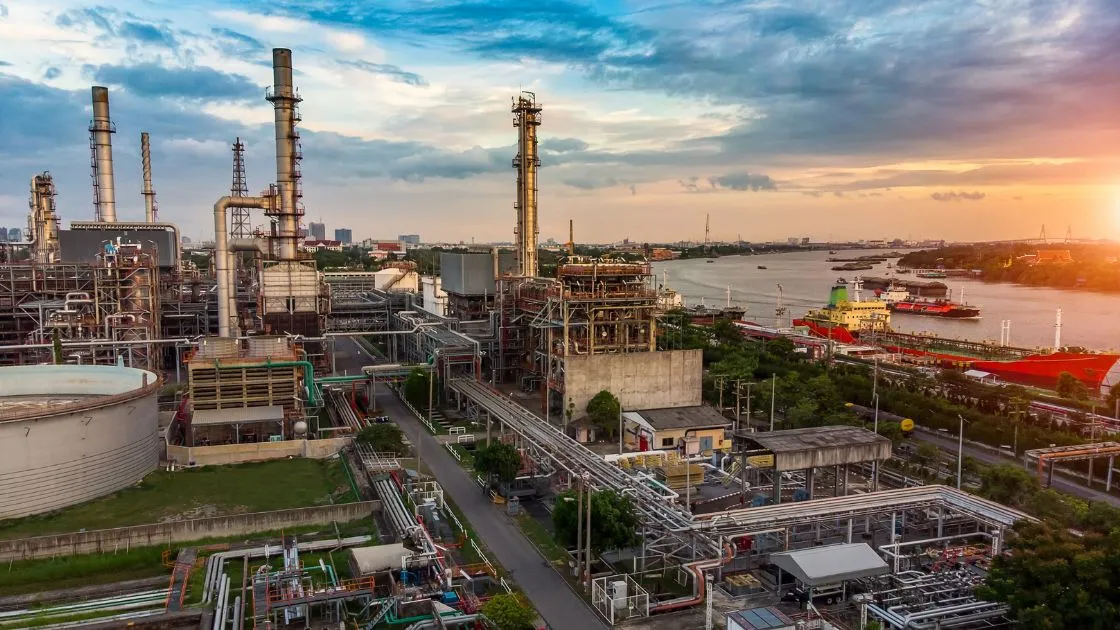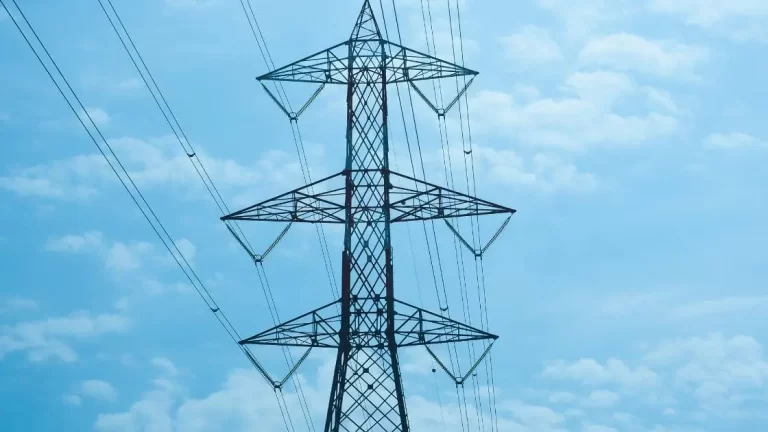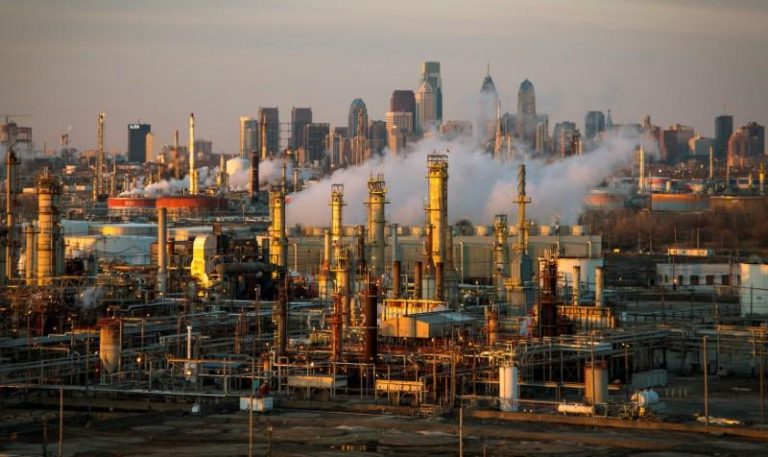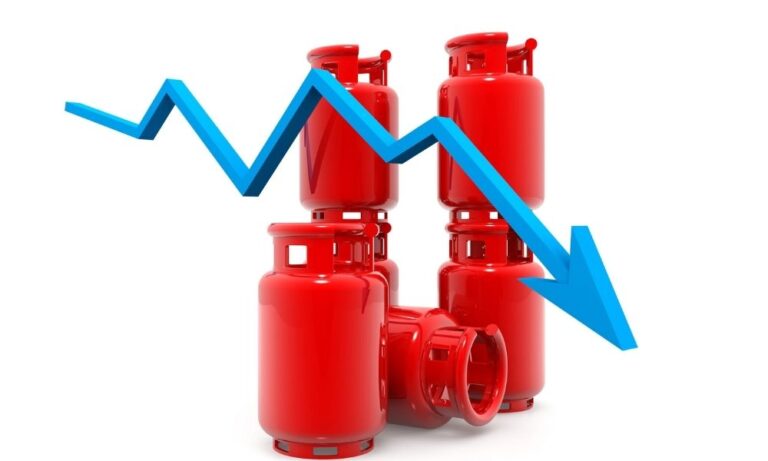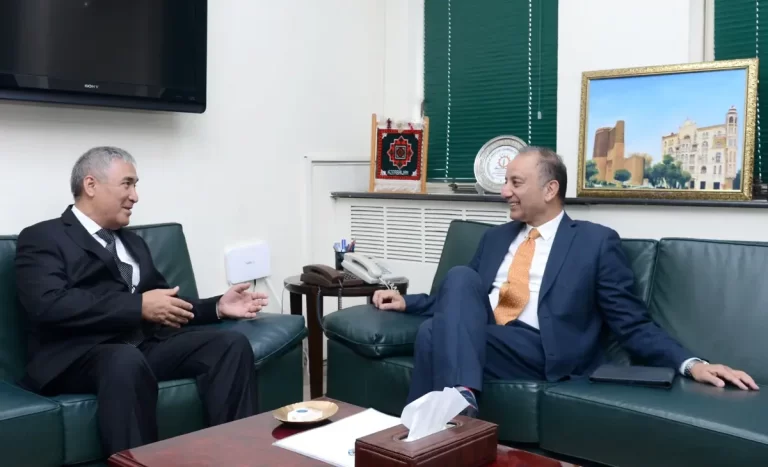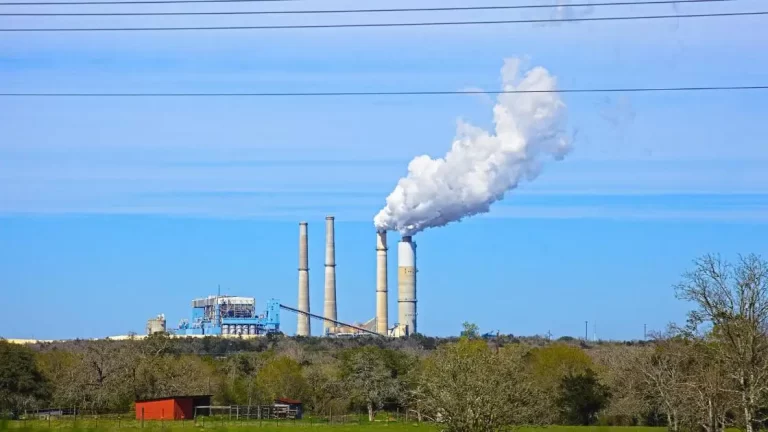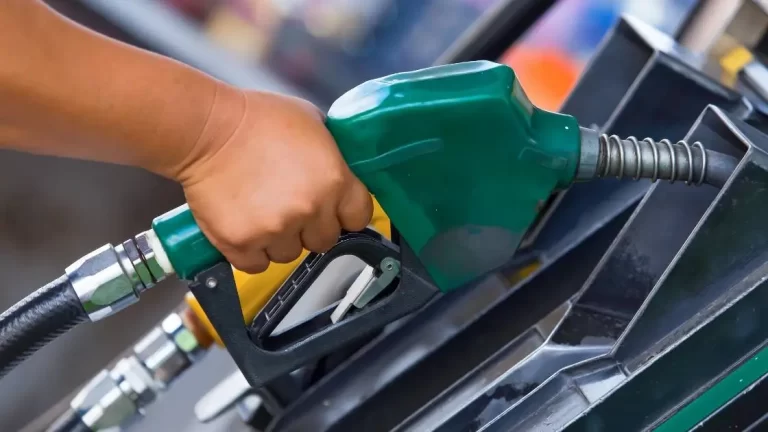Refinery Policy 2023:Govt Notifies 10% Tariff Protection for Upgradation Plants
Staff Report
The caretaker government has notified 10 percent tariff protection for the existing oil refineries for the upgradation of plants under the new refinery policy 2023.
The tariff protection has been allowed for seven years.
The eligible refinery importing used Plant, Machinery & Equipment (PME) for the Upgrade Project will be allowed to withdraw a maximum of 24.5% of the total project cost from the joint Escrow Account.
However, the refineries importing new PME for the Upgrade Project will be allowed to withdraw a maximum of 27.5% of the total project cost from the joint Escrow Account.
The release from the joint Escrow Account shall be on a pro-rata basis i.e. a maximum capped limit of 24 percent.
The Amended Oil Refining Policy was finally notified on February 23, 2024, after its approval by the Cabinet on February 15, 2024, as recommended by the Cabinet Committee on Energy (CCOE) in its meeting of February 6, 2024. The Policy originally notified on August 17, 2023, has now been amended after taking into consideration genuine concerns of the refineries on some of the clauses that would have made the proposed up-gradation projects unviable.
The amendments were made after intense and prolonged consultation between the government, refineries, and independent financial and legal advisory firms.
When contacted Adil Khattak, Chairman of, the Oil Companies Advisory Council (OCAC) and Chief Executive of Attock Refinery Ltd stated that the Policy will enable the Oil Refineries to undertake major upgradation projects to not only comply with Euro – V specifications but also increase production of deficit products of petrol and diesel by 99 % and 47 % respectively and also reduce the production of furnace oil by 78%, which because of drastically reduced demand in recent years often results in storage constraints forcing the refineries to reduce capacity utilization.
The refineries upgradation will bring in an investment of US $ 5 – 6 Billion and not only result in cleaner environment-friendly fuels but also major savings of precious foreign exchange.
Mr. Khattak further said that The Refineries Upgradation Policy would surely be termed as the most important achievement of the Care Taker government and it is hoped that it would be implemented in its true letter and spirit.
The Policy, which took more than four years in the making mainly due to changes in the governments and bureaucracy, was initiated by Nadeem Babar as Special Advisor to the then Prime Minister, supported throughout by Shahid Khaqan Abbasi in his various capacities and the final credit for taking on board all stakeholders after due diligence and independent professional input goes to Muhammad Ali the outgoing Minister for Energy.
Mr. Khattak also pointed out that OGRA and Directorate General Oil’s role has been pivotal in the formulation of the Policy and will remain so in the successful implementation of the Policy.
According to policy, there shall be a minimum customs duty/regulatory duty of 10%, for 7 years from the date of notification of the amendment in this Policy, on Motor Gasoline and Diesel imported into the country.
Any customs duty imposed over 10% and reflected in the ex-refinery price will be deposited in the Inland Freight Equalization Margin (IFEM) pool.PRL signs an agreement with Ogra to avail Refineries Incentives
In case any refinery is not eligible to avail of the incentives provided in this policy, it will be bound to deposit the same in IFEM.
Any customs duty on crude oil shall be reimbursed to refineries through IFEM. The refineries shall be allowed 10% tariff protection/deemed duty applicable on Motor Gasoline and Diesel’s ex-refinery price for 7 years from the date of signing of the Upgrade Agreement and opening of the joint Escrow Account with OGRA within sixty (60) days of notification of amendments in this policy.
However, 2.5% of the deemed duty on Diesel and 10% on Motor Gasoline (incremental incentive) shall be deposited by refineries in the Escrow Account maintained by OGRA and the respective refinery jointly in the National Bank of Pakistan for the utilization of Upgrade Projects only.
Until the opening of the said account, the incremental incentive shall be deposited in the IFEM. The prevailing 7.5% deemed duty on HSD for sustainability shall continue after the 7-year incentive period for 20 years or till deregulation, whichever is earlier.
IMPLEMENTATION MECHANISM
For an existing refinery to be eligible for the fiscal incentives provided in this Policy, it shall within sixty (60) days after the notification of the amendment in this Policy, execute a legally binding Upgrade Agreement with OGRA.
The said Upgrade Agreement shall include: the output and outcome of the committed upgrade including maximum production of Euro V compliant MS and HSD and reasonable reduction in furnace oil as firmed up in the FEED of the Upgrade Project, the proposed milestones/deliverables with tentative timelines (including Feasibility study, FEED, Financial Close, EPC & Commissioning), the potential configuration/units/size, the tentative product slate after up-gradation, and a project management methodology/firm for on-time delivery, as per approved cost and specification.
The milestones/deliverables and timelines will be firmed up in the FEED of the Upgrade Project. Refinery defaulting on any government dues/petroleum levy on Petroleum Products would not be eligible to avail of this Policy until a legally binding and enforceable (with a recourse) settlement is reached with the Government of Pakistan.
Till such time, the defaulting refinery will deposit the incremental incentives into the IFEM pool.
Once a settlement is reached with the GOP, the refinery will become eligible to sign the Upgrade Agreement open a joint Escrow Account with OGRA, and start depositing the incremental incentives on a prospective basis.
The funds available in the joint Escrow Account can only be drawn and used by the respective refinery on the Upgrade Project after the payment of all outstanding government dues/petroleum levy on Petroleum Products.
As soon as a refinery defaults in payment of the government’s revenue/petroleum levy on petroleum products promptly after the execution of the Upgrade Agreement, the refinery’s right to claim expenditure out of the joint Escrow Account will be suspended by OGRA till the time the refinery deposits the outstanding amount provided that in case of Force Majeure,
The joint Escrow Accounts shall be operated under the terms and conditions to be specified in the Escrow Account Agreement amongst OGRA, respective refinery, and NBP based on the following broad guidelines.
At present, the refineries supply 45% of the nation’s annual demand for petroleum products.
They provide indigenous fuel supply for defense and essential transportation. As per recent calculations, they enable annual forex savings of more than USD 1 billion.
They utilize about 70,000 barrels per day of local crude and condensate and generate more than 100,000 direct and indirect employment.
They represent a substantial contribution to the national exchequer and GDP.
They reduce the burden on Port Qasim and Kemari ports – instead of importing refined products, crude oil is processed to produce multiple energy and non-energy products (Petrol, Diesel, JP-1, JP-8, Kerosene, Furnace Oil, LPG, lubes, bitumen, wax, etc.).
Despite being integral to the growth of the economy, no new refinery project has materialized in Pakistan for more than a decade, and only two refineries have been added in the last 40 years.


